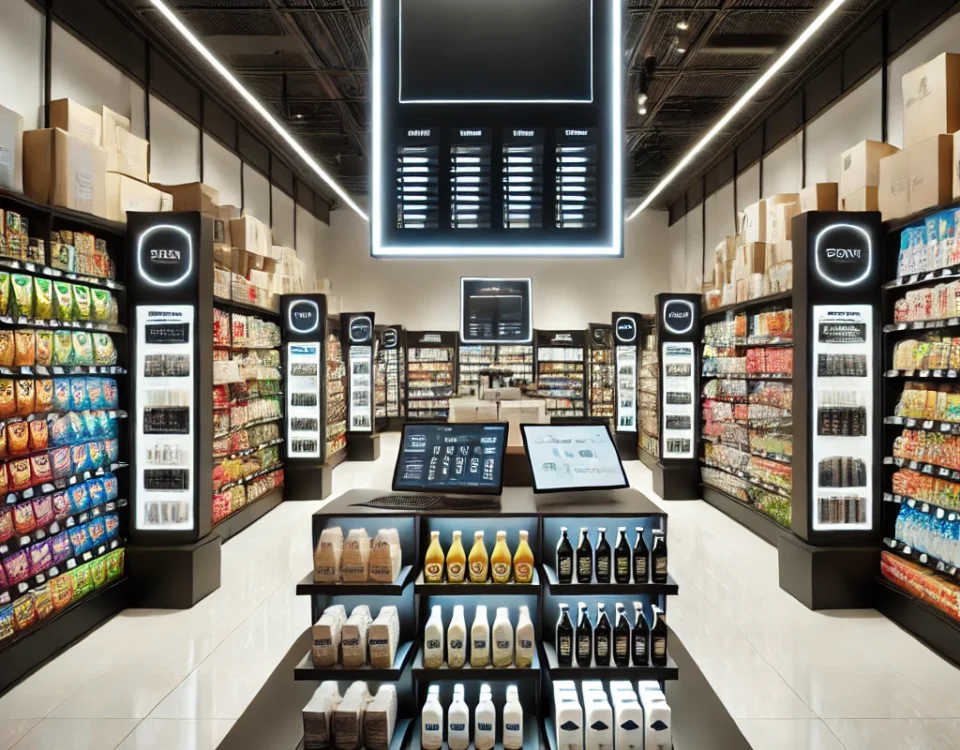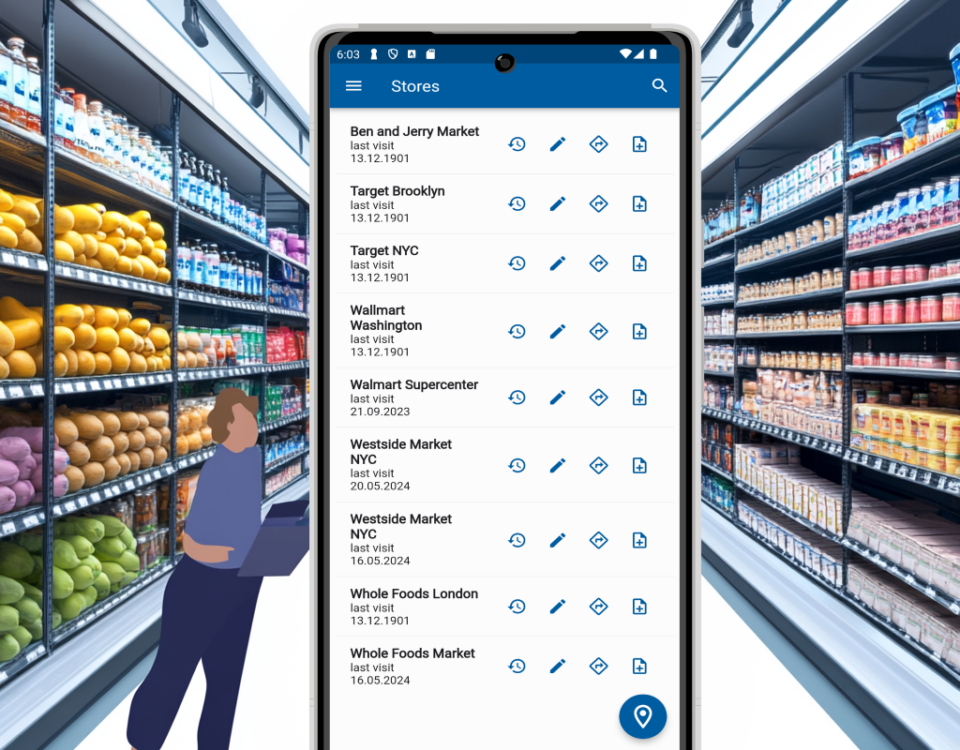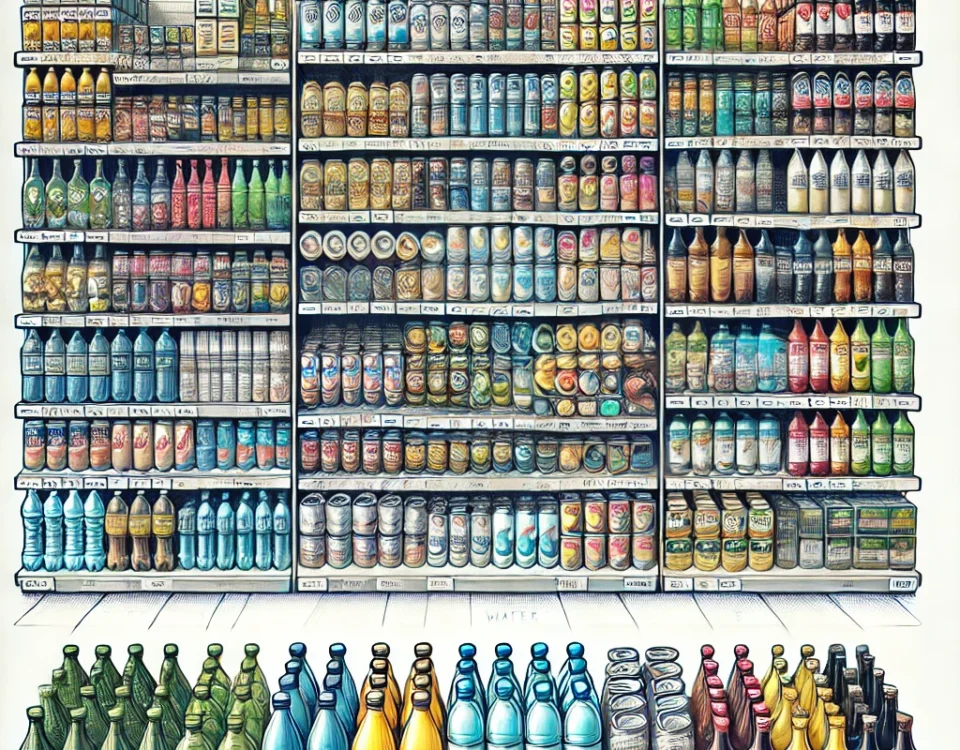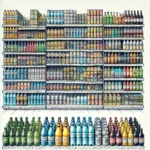
Planograms and their role in merchandising
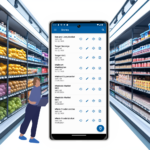
Overview of critical features to look for in merchandising software
Managing a Field Team: 7 Strategies for FMCG Success
In the Fast-Moving Consumer Goods (FMCG) industry, success depends not only on the quality of the products but also on how efficiently they are delivered to the market. The backbone of this process is the field team—those employees who represent your brand on the ground, interacting directly with retailers, distributors, and sometimes consumers. Managing this team effectively is crucial to ensure your products get to the shelves and into the hands of customers. A well-managed field team can drive higher sales, stronger customer relationships, and improved brand visibility.
In this article, we’ll dive into seven proven strategies for managing a field team in the FMCG sector, ensuring operational efficiency, sales growth, and long-term success.
Table of Contents
1. Set Clear Objectives and KPIs
A well-defined set of goals is fundamental to managing any team, especially in the fast-paced world of FMCG. Your field team needs to understand not only what they are expected to do but also how their performance will be measured. This means setting clear objectives and defining Key Performance Indicators (KPIs) that align with your business goals.
For instance, if your primary goal is increasing product visibility in retail outlets, a relevant KPI could be the number of new stores your field team is able to secure shelf space in each month. Other KPIs might include sales targets, the number of retailer visits, or customer satisfaction scores.
Actionable Tip: Make sure that KPIs are SMART (Specific, Measurable, Achievable, Relevant, and Time-bound) to ensure they drive meaningful results. Regularly review these goals and adjust as necessary to account for market changes or business priorities.
Example: A leading FMCG brand like Unilever might set KPIs such as increasing product placement in 100 new retail stores per quarter or ensuring that promotional materials are up in at least 95% of outlets by a set deadline.
2. Equip the Team with the Right Tools and Technology
Equipping your field team with the right tools and technology is a game-changer in FMCG field management. Field agents often cover vast territories, visit numerous retailers, and need real-time access to data. Outdated methods such as manual reporting and spreadsheets are inefficient and prone to errors.
Enter SaaS solutions like Movemar, which offer real-time data collection, reporting, and communication functionalities. Movemar, for example, can track inventory levels, monitor store displays, and provide real-time feedback on promotions, allowing field teams to make quick decisions and share critical insights with HQ. These tools also provide GPS tracking, helping you plan the most efficient routes and reducing travel costs.
In addition to Movemar, other tools such as mobile apps for order management, customer relationship management (CRM) software, and real-time analytics can significantly streamline operations.
Actionable Tip: Regularly train your team on how to use these tools effectively. Tools are only as good as the people using them, so invest time in making sure your team is comfortable with the technology and can maximize its potential.
Example: Nestlé equips its field teams with mobile devices that allow them to manage orders, review store displays, and upload photos from the field in real-time. This ensures that everyone—from field agents to HQ staff—can make data-driven decisions quickly.
3. Foster Clear Communication Channels
Effective communication is the backbone of any successful field team operation. Without clear channels for communication, even the most skilled team can struggle to execute a well-designed plan. FMCG field teams need real-time access to information, whether it’s updates on product availability, pricing changes, or new promotional materials.
Regular team meetings, updates through internal communication platforms like Slack or Microsoft Teams, and instant messaging apps can help facilitate seamless communication between field reps and the central office.
Actionable Tip: Implement a centralized communication hub where all updates, strategies, and data are shared. This prevents miscommunication and ensures that everyone is on the same page.
Example: Coca-Cola has set up a mobile communication platform for its sales representatives, allowing them to share in-store photos, discuss market trends, and receive instant feedback from their managers. This level of real-time communication helps them stay agile in a dynamic market environment.
4. Invest in Ongoing Training and Development
In the fast-changing FMCG landscape, continuous learning is crucial for keeping field teams at the top of their game. Trends in retail change, consumer behaviors shift, and new competitors enter the market. Investing in ongoing training for your team keeps them updated on industry trends, sales techniques, and best practices.
Training shouldn’t be limited to product knowledge. FMCG field teams also need to understand retailer psychology, negotiation tactics, and conflict resolution strategies. Additionally, technology is advancing rapidly, and training in digital tools and data analysis can help your team make smarter decisions on the go.
Actionable Tip: Create a structured development plan for each member of your field team. This could include quarterly workshops, access to online courses, and mentorship programs.
Example: Procter & Gamble offers its field teams comprehensive training on not just their product range but also on sales psychology and market analysis, ensuring they can tailor their approach to each retailer’s needs.
5. Motivate Through Incentives and Recognition
Motivation is key to driving high performance in any field team. Field agents in the FMCG industry face challenges like long hours, extensive travel, and the pressure to meet demanding sales targets. To keep your team motivated, a structured incentive program is essential.
Incentives can be financial—such as bonuses for exceeding targets—or non-financial, such as awards, extra vacation days, or career development opportunities. Public recognition is also a powerful motivator; acknowledging high achievers in team meetings or company newsletters can boost morale and drive even stronger performance.
Actionable Tip: Implement a tiered incentive program that rewards not just top performers but also those showing consistent improvement. This keeps the entire team engaged and motivated.
Example: PepsiCo runs a quarterly incentive program that offers its top-performing field agents bonuses, gift cards, and public recognition during team meetings. This fosters healthy competition and encourages everyone to strive for excellence.
6. Plan Efficient Routes and Optimize Time Management
Field team members are often on the road, and time management is critical to their success. Poorly planned routes can lead to lost time, higher fuel costs, and fewer store visits per day. Efficient route planning ensures that your team spends less time in transit and more time engaging with retailers and customers.
Using technology to optimize routes can drastically improve efficiency. Route optimization tools can map out the most efficient ways to cover multiple locations in a day, taking into account traffic conditions, store hours, and geographical proximity.
Actionable Tip: Regularly review the routes your field agents are using and adjust them based on data from tools like Movemar, which can offer insights into travel times and optimize territory coverage.
Example: L’Oréal uses route optimization software to ensure that its beauty consultants can visit the maximum number of stores each day, leading to improved productivity and increased sales.
7. Encourage Collaboration and Team Spirit
While field teams may work independently for much of their time, fostering a sense of teamwork and collaboration is essential for long-term success. Team spirit drives innovation, helps solve challenges, and ensures that individuals feel supported, even when working remotely.
Regular team-building activities, both in person and virtually, can help strengthen the bond between team members. Encouraging collaboration through shared goals, peer feedback, and team discussions can also promote a sense of unity.
Actionable Tip: Host quarterly team-building activities that bring your field team together, either through virtual workshops or physical events. This keeps the team connected and aligned with the company’s broader mission.
Example: Johnson & Johnson frequently holds virtual team-building events for its field teams, ensuring that employees across different regions still feel connected and part of the broader company culture.
Conclusion
Managing a field team in the FMCG sector requires a combination of strategy, technology, and human touch. By setting clear goals, leveraging modern tools, fostering communication, and keeping your team motivated, you can drive significant improvements in both performance and sales outcomes. Movemar, with its focus on real-time data and field team optimization, provides an essential tool in achieving these objectives, making it easier to manage even the most complex operations.
By investing in these seven strategies, you not only improve the efficiency of your field team but also position your brand for long-term success in the competitive FMCG landscape.


